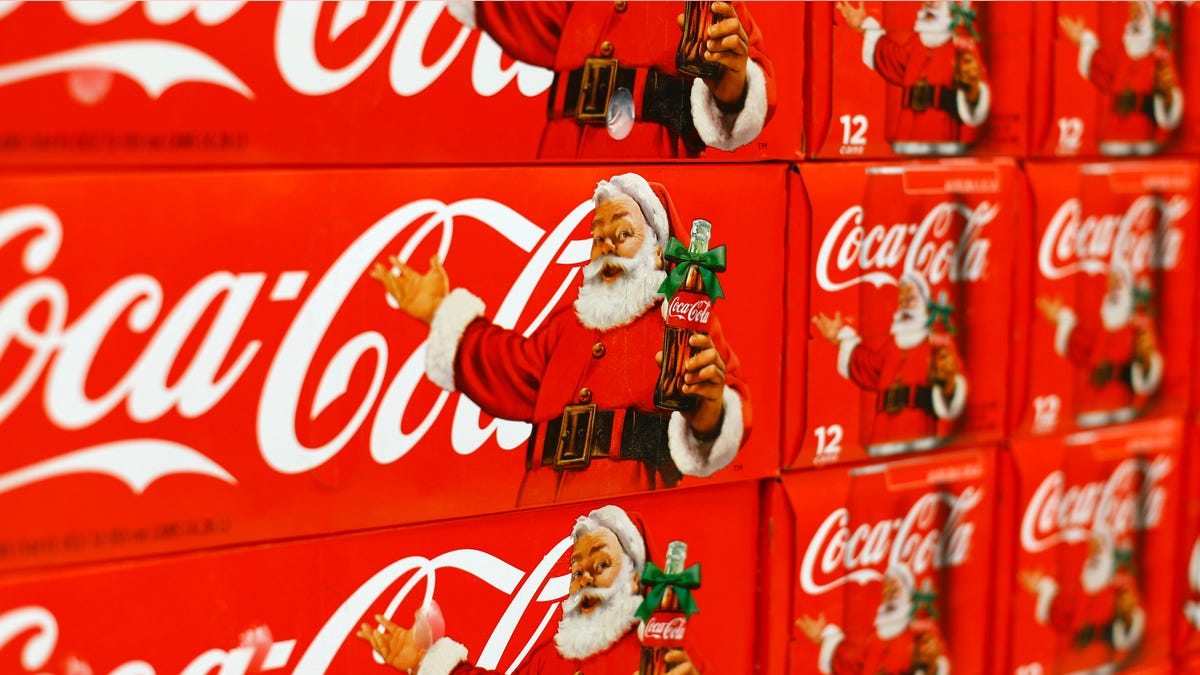
Nov. 17, 2014: Cases of Christmas branded Coca-Cola are shown for sale inside a Target retail department store in San Diego, California. (Reuters)
American Federation of Teachers, one of the largest teachers unions in the United States, passed a resolution last week to ban Coca-Cola from its facilities and events.
The teachers union stated its decision was based on human rights violations, which have been detailed in three books published several years ago.
The questions remain: why now and why is this important to a teachers union?
Because AFT is a labor organization, it will stand in solidarity with other labor organizations that have taken a stance against Coca-Cola, AFT spokesman Michael Heenan told Watchdog.org.
Coca-Cola responded to AFT’s claims in an email to Watchdog.org, saying they were based on “outdated and erroneous allegations that we have repeatedly addressed.”
This may be more about the union resenting the beverage companies’ practice of subcontracting instead of hiring permanent employees, which is cited in the AFT resolution, said Larry Sand, president of the California Teachers Empowerment Network.
“Obviously they (Coca-Cola) were not using unionized workers,” Sand said.
This was probably to avoid having to deal with the costs associated with unionized employees, he added.
Sand is skeptical of the unions’ ability to ban all Coca-Cola products.
“Look at what else Coca-Cola makes: Minute Maid, Nestea,” he said. “They’re going to have to go after all these products.”
When asked about the subcontracting issue in the resolution, AFT communications representatives said they would get back to Watchdog.org, but did not do so before deadline.
Banning products or boycotting stores isn’t outside of the unions’ mode of operation. Earlier this year, AFT decided to boycott Staples, the office supply store chain, because it started selling stamps.
The union claimed Staples selling postage would jeopardize 80,000 postal workers’ jobs.











































